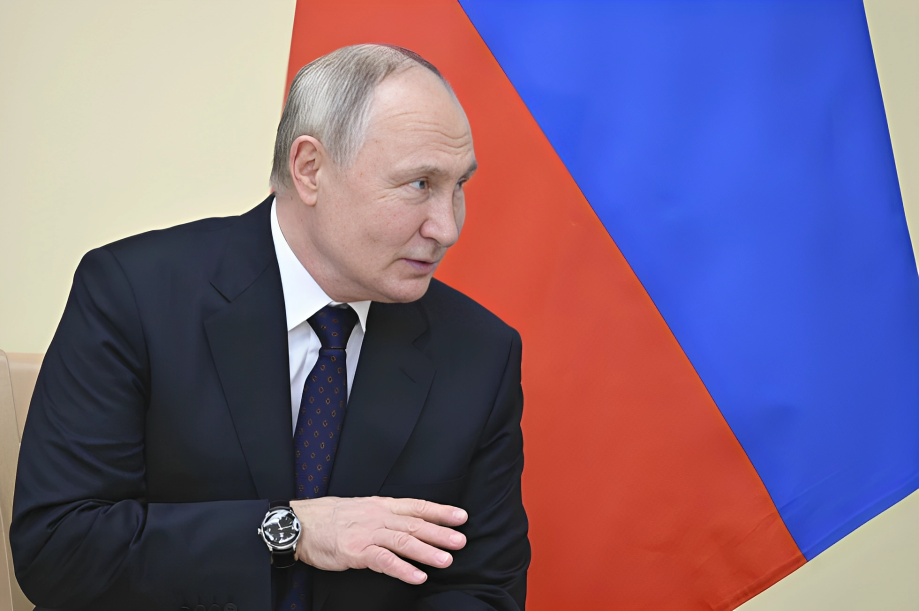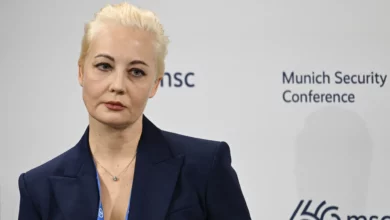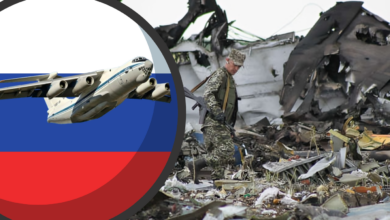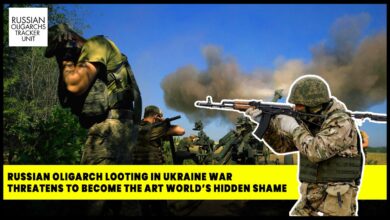Putin signs law revoking Russia’s ratification of Nuclear Test Ban Treaty
A measure that revokes Russia's acceptance of a global nuclear test ban treaty is signed by Vladimir Putin.
With the stated goal of bringing Moscow’s measures into line with those of the US, President Vladimir Putin signs a bill into law on Thursday that revokes Russia’s support for the Comprehensive Nuclear Test Ban Treaty.
De-ratification won’t change Russia’s nuclear posture or the way it releases information about its nuclear activities, the country maintains, adding that it will only restart testing if Washington follows suit.
Putin signs that Russia, which had signed and ratified the deal, should match its stance with that of the United States. Washington had signed the 1996 treaty but had never given it official approval. In addition the US, China, India, Pakistan, North Korea, Israel, Iran, and Egypt have not yet ratified the treaty.
As the US-Russian relationship is at its lowest point since the 1962 Cuban Missile Crisis, the impending action highlights the serious strain in the relationship. The war in Ukraine and Moscow’s assessment of Washington’s attempts to impede the establishment of a new international order with several centers of power are the main causes of this tension.

Following the New START pact, Russia stopped performing on-site inspections last year, and the US withdrew from the Open Skies agreement in 2020, citing violations and stopping the sharing of observation flight data.
Robert Floyd, the head of the Comprehensive Nuclear Test Ban Treaty Organization, condemned Russia’s action because it is his responsibility to strengthen the treaty’s verification mechanism and promote it in order to prevent any covert nuclear testing.
“Today’s decision by the Russian Federation to revoke its ratification of the Comprehensive Nuclear-Test-Ban Treaty is very disappointing and deeply regrettable,” said Floyd, who had tried to lobby senior Russian officials to get them to change their mind, on X.
A global network of monitoring stations that can detect seismic waves, radioactive emissions, or noise from nuclear detonations was established under the treaty.
‘We don’t want to go there’
Though Russian officials deny this idea, Western weapons control specialists are concerned that Russia may be getting closer to carrying out a test meant to incite fear and intimidation in the context of the crisis in Ukraine. Russia’s decision to leave the CTBT is a step toward a risky return to testing, according to Andrey Baklitskiy, a senior researcher at the UN Institute for Disarmament Research.
“We don’t know what steps will follow and when, but we know where this road ends. And we don’t want to go there,” he said.
Putin signs on October 5th that he was unsure if Russia should resume nuclear testing in response to recommendations from confident Russian lawmakers and security experts to test a nuclear weapon as a warning to the West.
Russian Deputy Foreign Minister Sergei Ryabkov said earlier this month that Moscow would stick to the ban and would only think about starting nuclear tests again if the United States led the charge.
Since the dissolution of the Soviet Union, Russia has not carried out any nuclear testing. The US conducted its last test in 1992, and the Soviet Union’s last test was in 1990.
Both houses of the Russian parliament have already approved this action.
Putin’s support for the de-ratification of the law was announced on a government website, with the clarification that the decision took effect right away.
Also read:
- Russian millionaires declare their investments in the West “a mistake.”
- Ukrainian court orders pre-trial detention or $14 million bail for Kolomoyskiy
- Ukraine Oligarchs in the Shadows of War: Legal Battles and Shifting Fortunes







